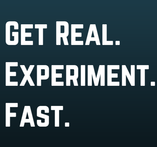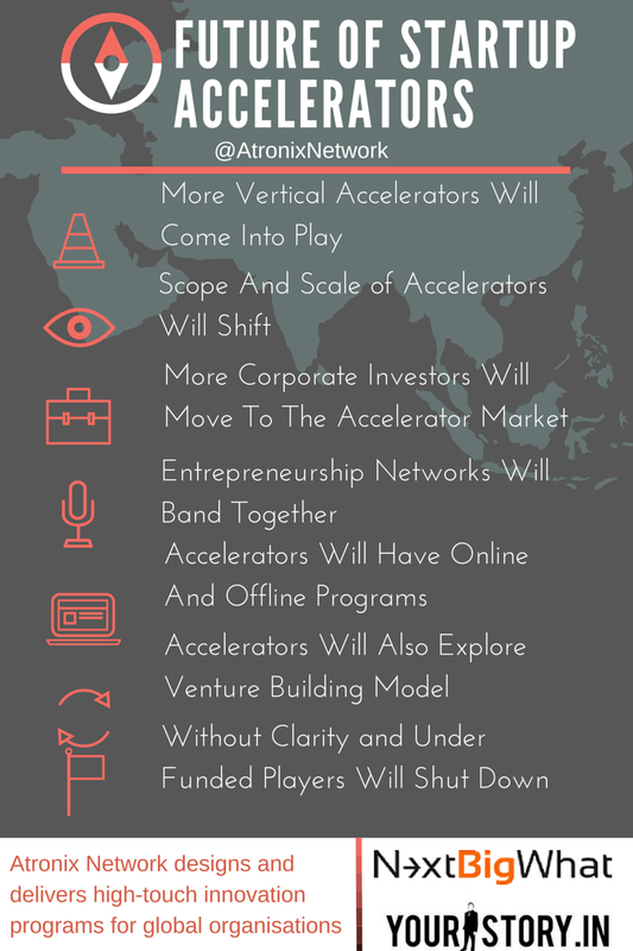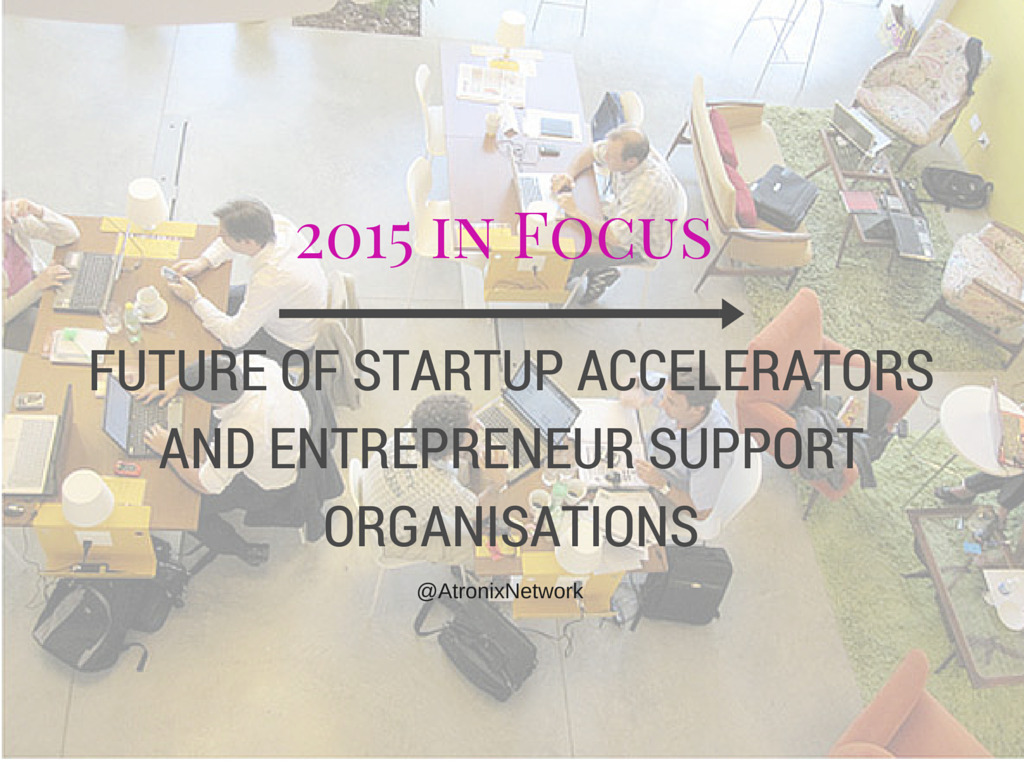Detailed posts on Next Big What and Your Story.
Future of Startup Accelerators and Entrepreneur Support Organisations - 2015 India in Focus12/2/2015 Over the last two years, there has been a proliferation of accelerators around the world and entrepreneurs have differing takes on why they did or didn’t join them. Accelerators like Y Combinator and Techstars figured out in 2005 and 2006 that providing seed money, advice, and connections over a condensed period of time can help businesses grow. They helped pave the way for all the startup accelerators we see today.
In India, Microsoft Ventures, Tlabs, GSF, The Startup Centre and Kyron among other startup accelerators are becoming increasingly popular and have demonstrated the need for these support systems to exist. Based on my experience and research over the last three years, majority of the accelerators are experimenting various models around the world and we'll see some big changes in the coming months. 1. MORE VERTICAL ACCELERATORS WILL COME INTO PLAY Accelerators like GSF rolled out a new vertical in the digital media space and launched Mobile Accelerator 2 months ago. Surge has focused only on companies in the energy industry, which has led to exponentially greater results (both for the startups and for the accelerator itself). Expect to see more accelerators focusing on select vertical markets (e.g., medical, food and beverage, and advertising). 2. SCOPE AND SCALE WILL SHIFT Currently, 95 percent of accelerators focus on early-stage companies only. Due to the verticalization of accelerators, there will also be a change in scope and scale of accelerators. In 2014, Private and corporate investors have invested $47 billion across 3,617 companies and 300+ Indian startups have received over $5 billion. Expect to see programs opening up to later stage companies (e.g., Seed Series A, etc.) 3. MORE CORPORATE INVESTORS WILL MOVE TO THE ACCELERATOR MARKET As there will be specialisation in private accelerators, there will be more corporate backers. These backers will get the first look and have an investment priority with the new startups. Microsoft, Target, Coca Cola, Paypal, Pitney Bowes, Citrix and Reliance have recently set up their own startup accelerators to take advantage of India's tech potential. BMW, Kaplan, Disney, Pearson, DP World, Volkswagen, Barclays, Samsung and many others are actively running accelerator programs around the world. 4. ENTREPRENEURSHIP NETWORKS WILL BAND TOGETHER Few interesting things that I have noticed over the last couple of weeks in India is that corporates are leveraging non-profit entrepreneurship networks such as Nasscom, TiE and NEN to engage with startups in India. Investment networks and entrepreneur support organisations are also co-creating events. Tech star's initiative - Global Accelerator Network has already built a network of 50 accelerators to share resources and know-how to help each other succeed. There are co-working spaces, business contests and startup conferences which also support founders in their own ways and can collaborate as well. 5. SOME ACCELERATORS WILL EXPLORE VENTURE BUILDING MODEL Venture building model is where the organisation will build companies using their own ideas and resources. New teams can be formed for validated business ideas internally or from corporates, governments and universities. Frictionless Ventures and Seedstars in Switzerland are great examples for venture building organisations. 6. ACCELERATORS WILL HAVE ONLINE AND OFFLINE PROGRAMS To capture new markets, offer high touch programs and improve the quality of deal flow, accelerators will expand their reach into other regions and launch virtual programs to tap into this explosion of innovation. Toronto-based Ryerson Futures Inc. has launched ‘Zone Startups’, in a joint venture with the Bombay Stock Exchange Institute in Mumbai. Multi-city GSF Accelerator has kicked off their 13 week global accelerator program ,Tlabs started their accelerator in Bangalore last month and they showcase demo days online. 7. ACCELERATORS WITHOUT CLARITY AND UNDER FUNDED PLAYERS WILL SHUT DOWN There will be tremendous pressure for new and small accelerators to attract quality deal flow with increased competition as the market becomes saturated. Startups have many options to choose and under funded players will gradually die. Turner, a broadcast network shut down its media camp accelerator after working with 27 startups during its 3 years operation. Its founder Balaji mentioned "We have not found the clarity and direction that we needed to continue". Hatch in India has shut operations and India's oldest accelerator (Morpheus) is not operational as well though founders have stated that they are working on evolving the model. Last year, two Bangalore based startups made news as they exited after being a part of an accelerator program. Little Eye Labs was accelerated at GSF Accelerator and got acquired by Facebook whereas Bookpad from Microsoft Accelerator was acquired by Yahoo . It will be interesting to see how accelerator models will evolve to improve the chances of success for their portfolio ventures. Feel free to share your thoughts on accelerator model changes in the coming years in India and globally. Arjuman Amjad is a cofounder of Atronix Network, a Bangalore based innovation management consultancy that designs and executes innovators program for intrapreneurs and entrepreneurs. |

Leave your email to get latest updates on Get Real. Experiment. Fast.
Atronix Network is a new age innovation partner for global organisations.
Categories
All
Archives
February 2015
|


 RSS Feed
RSS Feed
